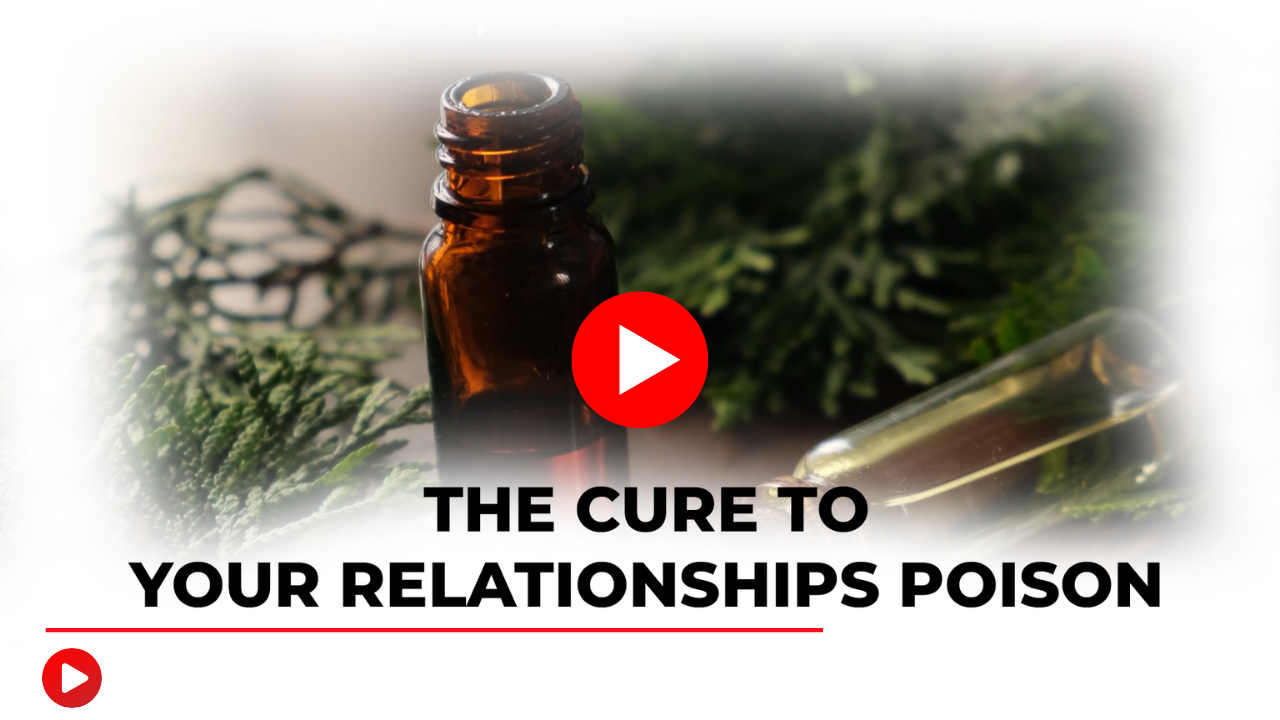Breaking the Cycle of Toxic Arguments
I remember the moment a couple came into my office, with eyes full of weariness and despair. A shift had occurred, as their first few sessions had been filled mainly with rage, hostility, anger, and bitter resentment towards each other. I knew that when we worked harder, the truth that they were tired of endless explosive fights would surface. After I welcomed them into my office, I immediately saw the reason their faces had changed so drastically. Sitting in my waiting room, a nervous smile and a kindle with headphones was the silent observer in the next room to most of their fights at home, their daughter.
Despite the fact that this couple loved each other deeply, they both pointed fingers at each other for most of their problems (typical for most couples in therapy) and their arguments had become a battlefield of harsh words, name-calling, vicious mockery, emotional outbursts, and deep wounds, and they were both exhausted from the minefield at home. We were able to unite and come together with worthy goals for couples therapy primarily because they finally understood the impact on their daughter; regardless of their own personal narratives about what had happened to their relationship, they could both agree that a guaranteed result from all their fighting would be continued negative impact on their daughter.
I view these sorts of "toxic" arguments as similar to a poison that seeps into every corner of a family, leaving behind a particularly damaging sort of pain and resentment in partners that's difficult to heal, especially the more it accumulates over time and hardens each person's heart toward one another. Most concerning is when children are involved, as they are truly the most innocent, fragile, and susceptible to harm in these situations, despite many parents' noble attempts to shield them. Research shows that children exposed to frequent, intense parental conflict experience high levels of stress hormones like cortisol, which can negatively affect their emotional, cognitive, and even physical development. This is according to the Journal of Family Psychology*. You can literally test the cortisol levels of children to see how conflicted their parents' relationship. This matters whether they're married or not, living together or long divorced; simply put, high conflict between parent hurts their children. Eliminating this type of toxicity, whether the couple stays together or gets separated or divorced, is essential to the well-being of children.
So, even if you think that babies, children, or teens are not listening or understanding, believe me when I say that they are like emotional sponges, and they absorb the tension and negativity around them. So even if a couple comes into my office and they swear their children "don’t hear them", I’m telling you right now, they are impacted. Researchers could do a blood sample of their children and be able to tell you how volatile their arguments are or how tense their household is with unspoken dysfunction just by looking at the cortisol level in their children’s blood.
One of the most common misconceptions about toxic arguments is that they’re just a normal part of a passionate relationship, or they’re minimized by saying, "Eh, we fight sometimes, doesn’t everybody?" But that is an understatement. This couldn’t be further from the truth. Healthy conflict resolution involves mutual respect, open communication, taking responsibility, making repair attempts, showing care and kindness, and a willingness to find solutions together.
Toxic arguments, on the other hand, are characterized by personal attacks, name-calling, blame, and an escalating cycle of hurt and anger. Breaking the cycle of toxic arguments starts with recognizing the signs. Do your disagreements often escalate into shouting matches? Do you resort to name-calling, insults, or threats? Do you feel emotionally drained and disconnected after an argument? If so, it’s time to take a step back and reassess your communication patterns.
Learning healthy, respectful communication skills is crucial:
Express feelings and needs calmly and respectfully
Actively listen to your partner’s perspective
Seek compromise and take breaks when overwhelmed
Respect each other’s boundaries and agree on lines not to cross
One crucial aspect that often gets overlooked is individual therapy. Whether your partner is willing to do couples therapy or not, you get get help and support to change your side of the street. Addressing underlying issues like past trauma, anger management problems, family violence when you were a child, and attachment insecurities can significantly improve communication patterns in the relationship. It’s important to know that change doesn’t happen overnight and getting a professional’s help is a sign of strength, not weakness. A skilled therapist can provide you with a safe space to express your emotions, learn new communication tools, especially tools to self-soothe and regulate your nervous system, rebuild trust, and learn how to co-regulate.
Individual counseling can also help you explore the root causes of your conflict and develop strategies to prevent future toxic arguments. If you recognize the signs of toxic arguments in your relationship, do not wait any longer, especially if you have children. Your well-being and your children’s well-being are at stake. We’re here to help you break the cycle and build a happier, healthier relationship and hopefully generations of happier and healthier relationships for years to come. Remember, a peaceful, loving home is the greatest gift you can give your children and yourself.
IMPORTANT FINAL NOTE My advice on the damaging impact of high conflict on children is a call to action for couples who are struggling, not a condemnation. Good people can still fall into really toxic, negative cycles that can be damaging to their relationship and their children. It's crucial to understand that this guidance doesn't apply to those trapped in abusive relationships. If you're a victim of interpersonal terrorism, your priority is safety. Please seek help from domestic violence experts who can assist with safety planning and support your journey to freedom. Visit www.thehotline.org for more information.

